In the same section
-
Share this page
Themes
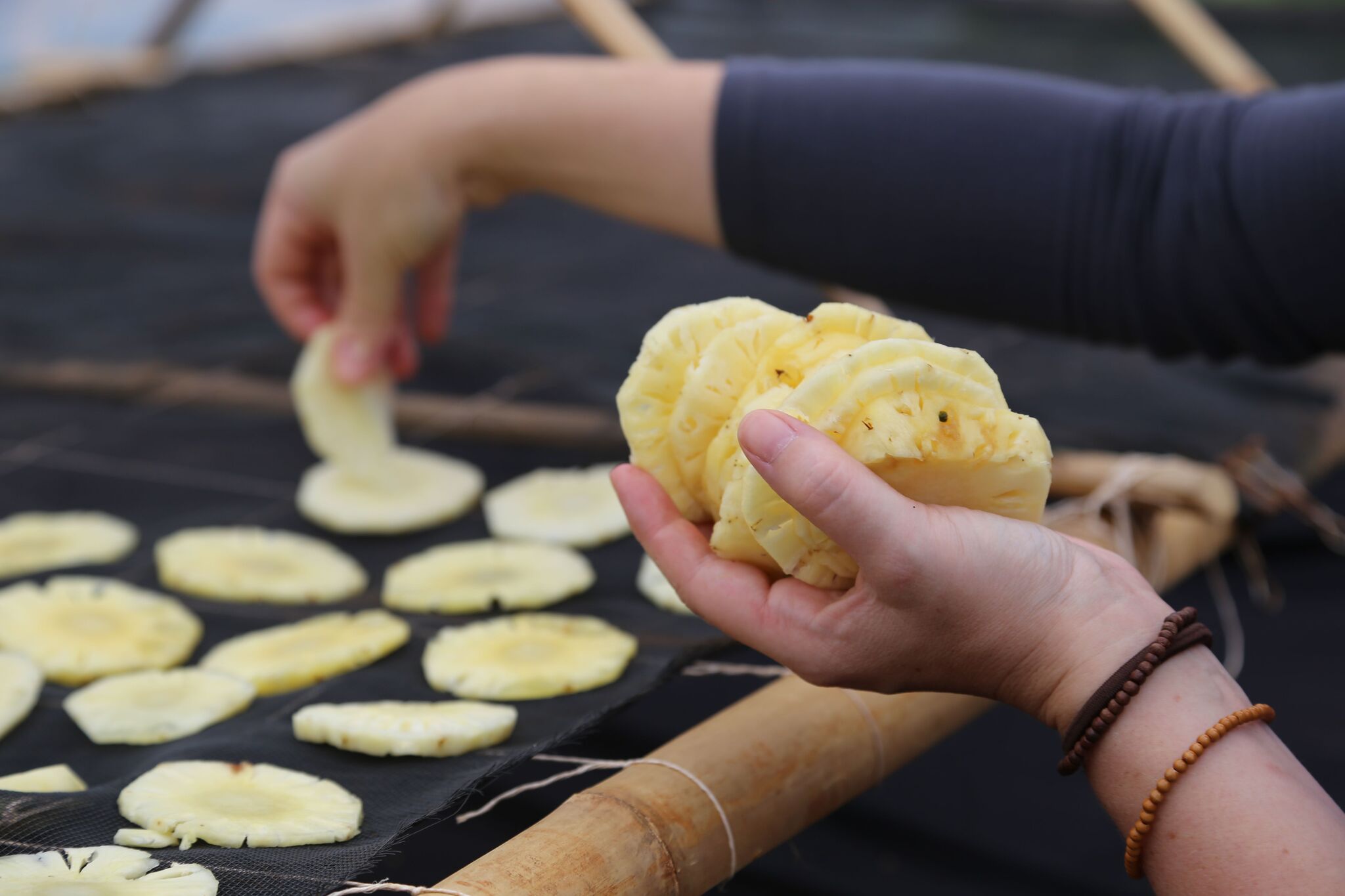
Food
The objectives of the Codepo are essentially the development of solar dryers of foodstuffs (rice, fish, mangos, tomatoes, pepper, ...) for the countries of sub-Saharan Africa, Asia and South America . The Codepo participates in the development of robust dryers, simple in their construction but whose design is based on solid scientific approaches, modular and making the most of solar energy. This work is carried out with a wide network of partners: the Federal University of Para (Brazil), the University of Ouagadougou and the Rose-Eclat company (Burkina Faso), the Institute of Technology of Cambodia, the NGO CEDAC (Cambodia), the NGO Refugee Next Door (Uganda) and the Koninklijk Instituut voor de Tropen (Netherlands).
Agrofuels
The action of the Codepo is part of the ALTERRE Mali project of the NGO GERES. This project aims to implement, in three rural areas in South-East Mali, agro-fuel proximity chains. These sectors combine local production of agrofuels based on Jatropha Curcas (Pure Plant Oil - HVP) and access to local services supplied by HVP (mechanization of agricultural activities, recharging batteries). As part of this project, the work of the Codepo concerns support for the development of equipment for oil extraction units (mixer, decanter).
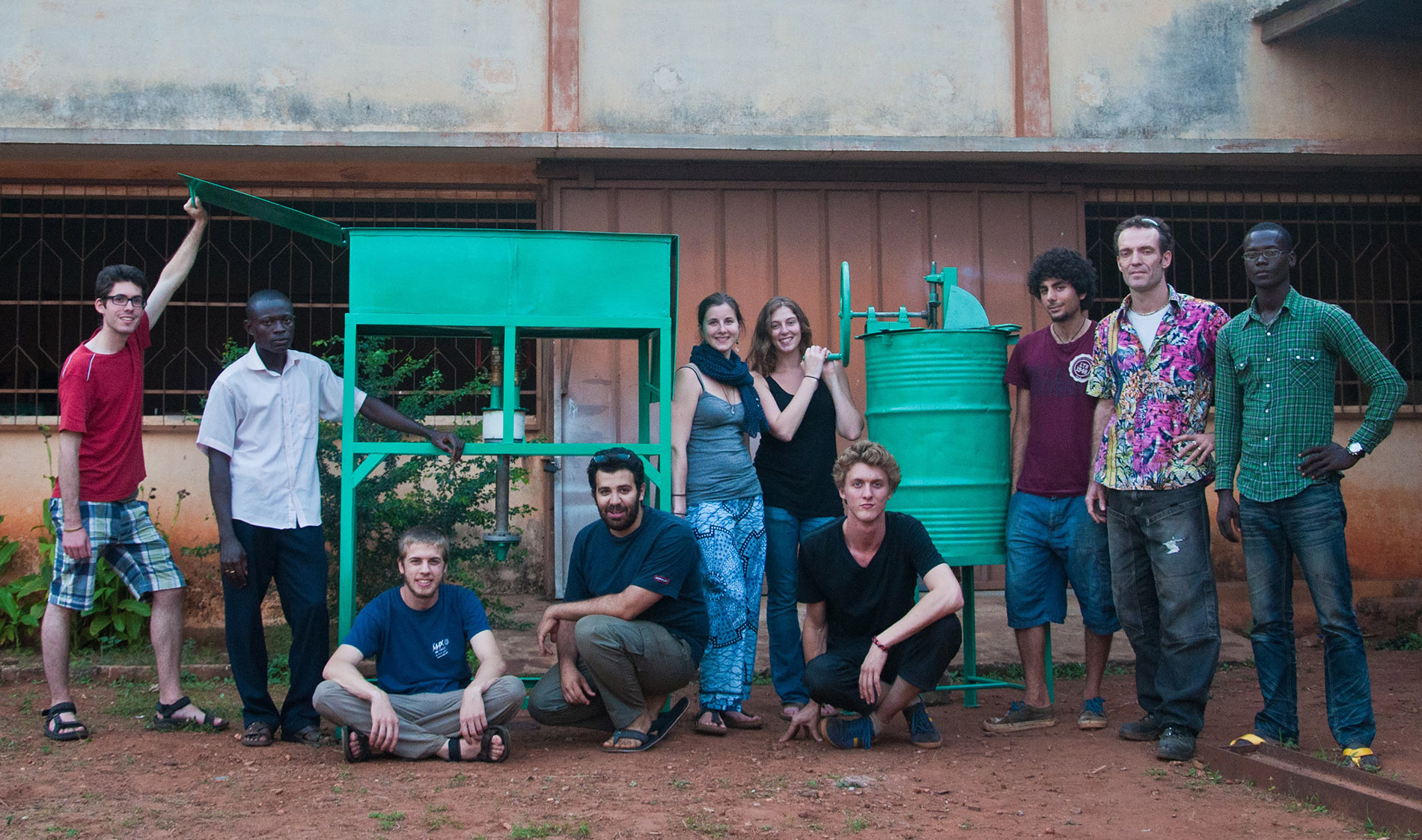
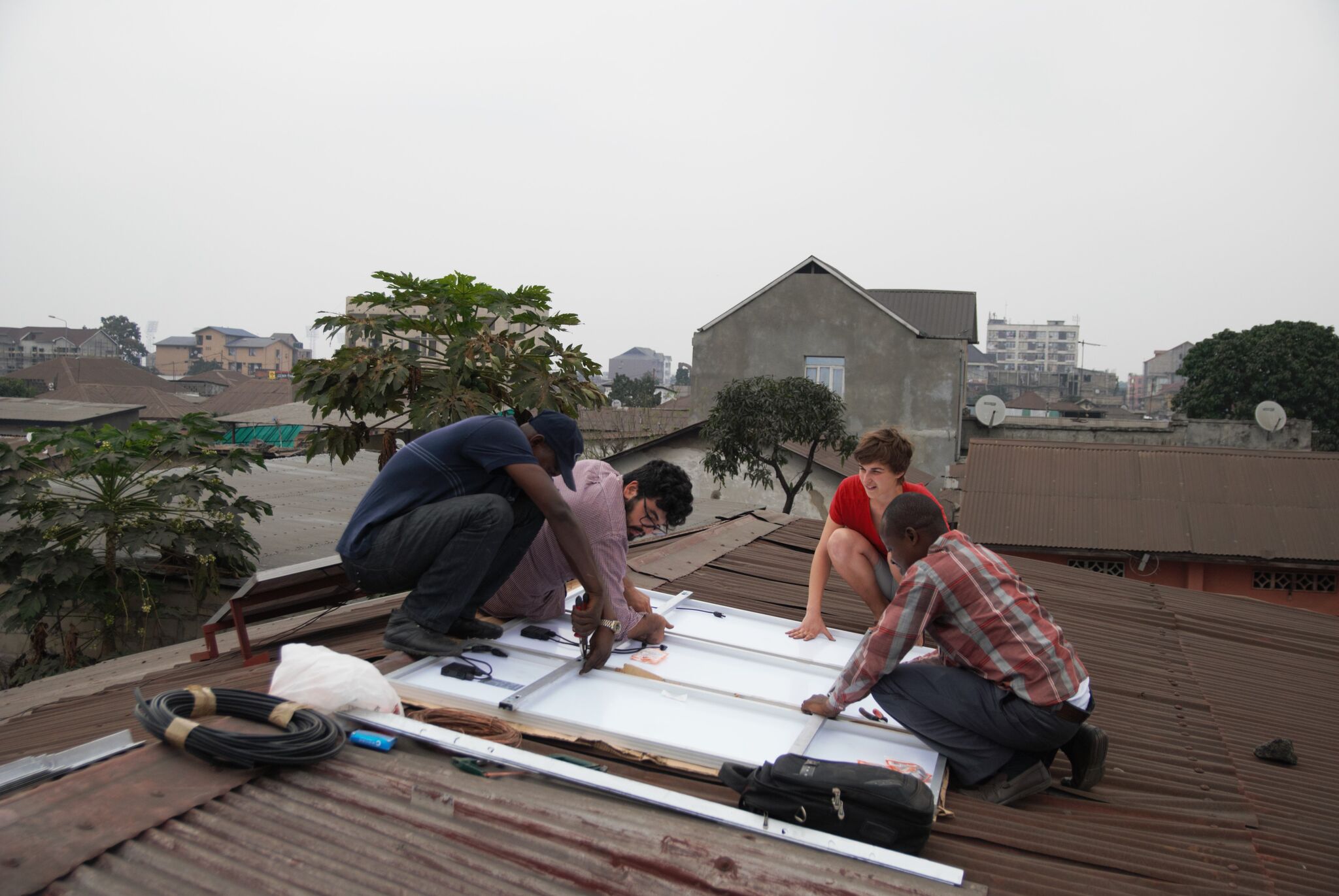
Biomedical
The Codepo conducts its projects in collaboration with the Sanou-Souro University Hospital Center (Burkina Faso), the Kirotshe Hospital (Democratic Republic of Congo), the Kinshasa Mutual Hospital Center (Democratic Republic of Congo), the Mayor University San Simón (Bolivia) and, in the north, ULB Cooperation and the Laboratory of Pharmaceutical and Hygiene Microbiology. In this area, the Codepo has carried out various projects to help hospitals and health centers in their management: production of computer systems for patient data management and financial data and realisation of storage systems for computer equipment. Particular attention is paid to migration from the current management systems (in paper format) to the proposed solution (computerised system).
Environment
The Codepo collaborates in particular with the COOPAGAL, the cooperative in charge of the production of drinking water for the city of Camiri (department of Santa Cruz, Bolivia). The Codepo studies the relevance of River Bed Filtration (RBF) capture systems as alternatives for the production of drinking water in some parts of the globe. Other punctual partnerships in the field of water treatment were also conducted in Senegal (membrane filtration), in Morocco (improvement of lagoon ponds) and in Cambodia (adsorption of arsenic present in water from aquifers). As part of the Hôpital Brugmann project, the Codepo has developed air purification systems for rural habitats in Vietnam. As part of a collaboration with Engineers Without Borders (ISF), the Codepo contributed to the development of a recycling process for plastics in Burkina Faso. A new collaboration with the University of Sfax (Tunisia) will lead the Codepo to work on the problem of biodigestibility of organic waste in Tunisia..
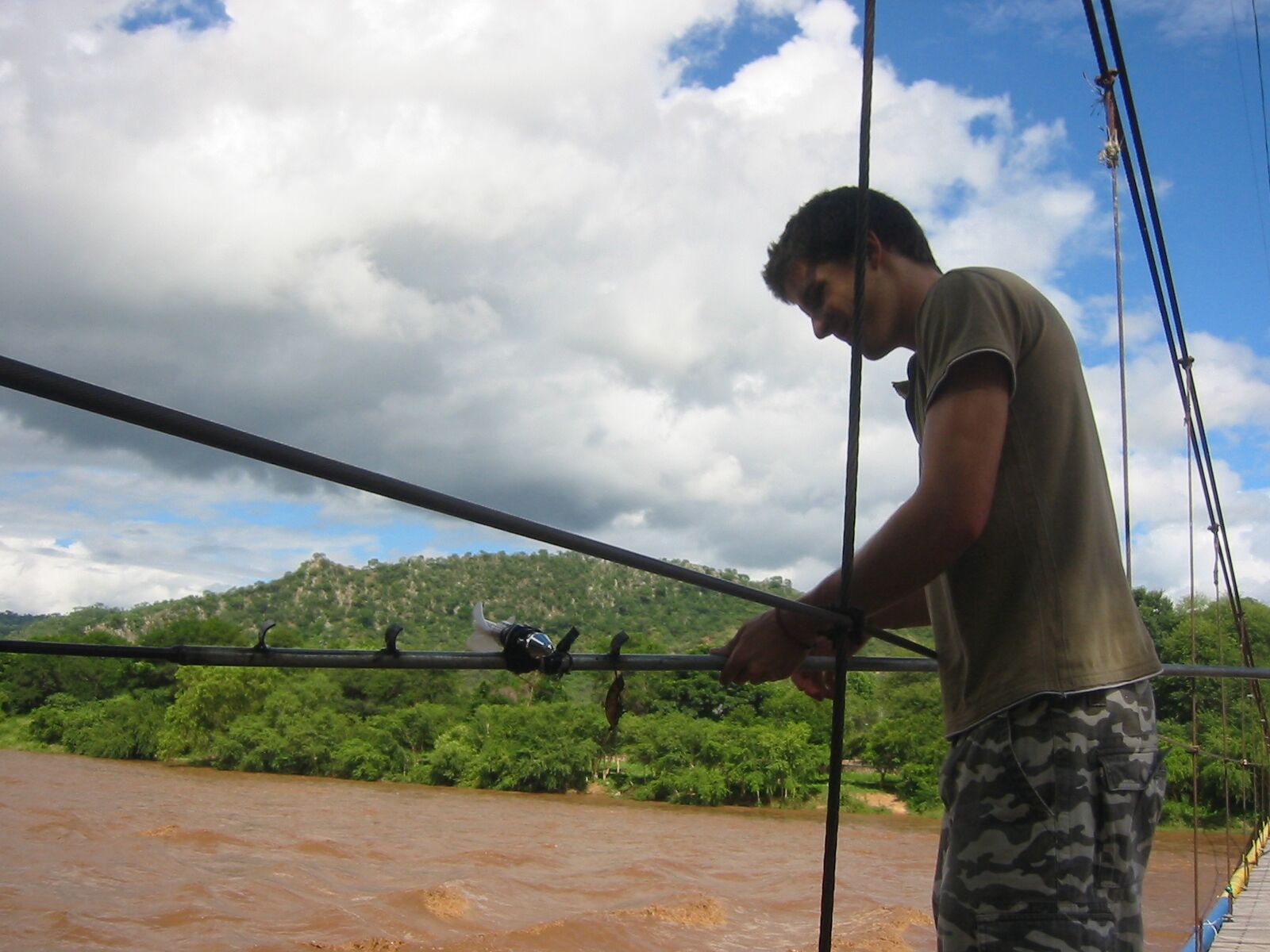
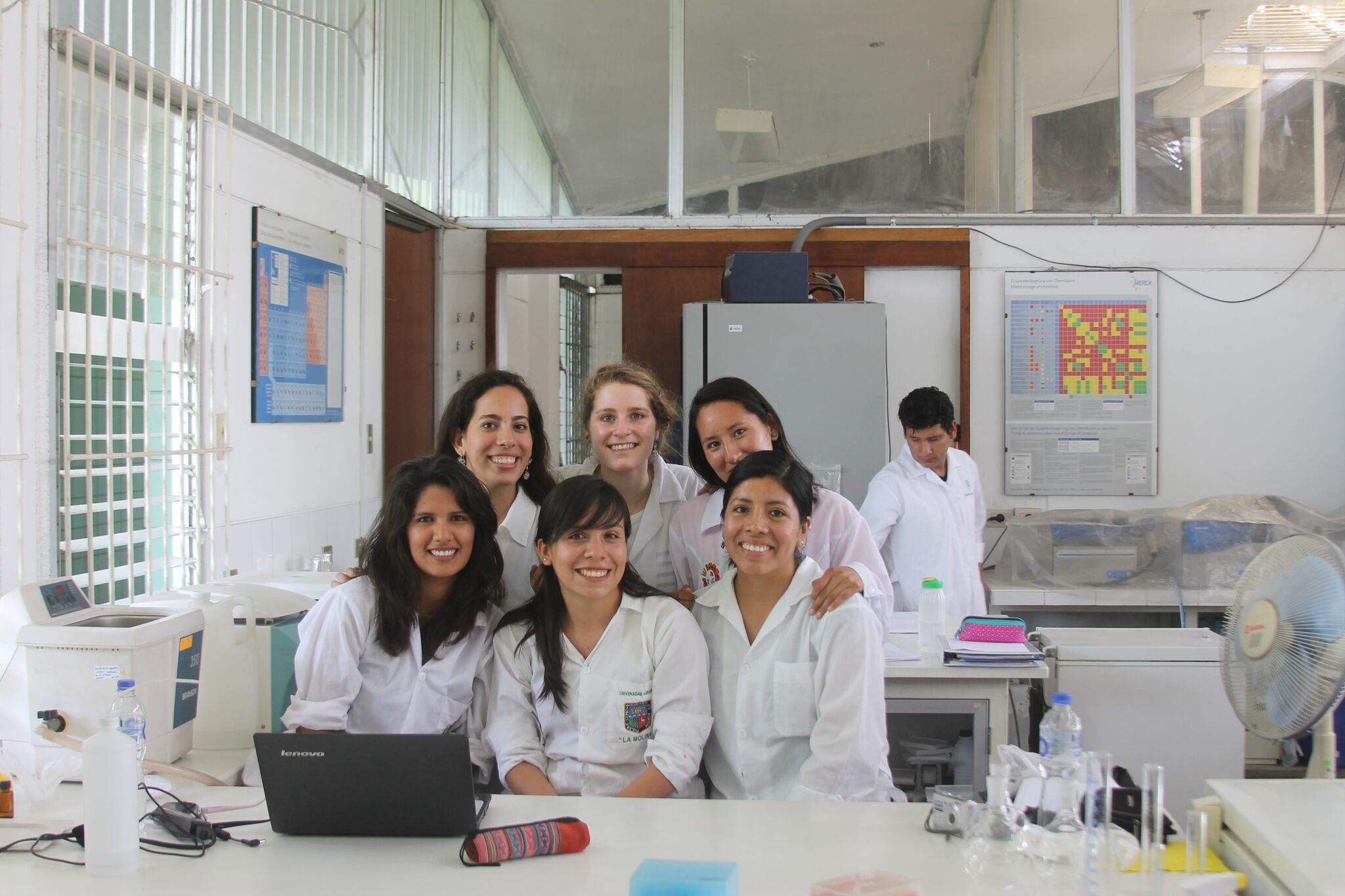
Biodiversity
The Codepo participates in several projects seeking to demonstrate that the valorisation of the biodiversity of South America, Sub-Saharan Africa or South-East Asia has a huge potential in local and regional markets, whether in the form of food ingredients or purified extracts. The Federal University of Para (Brazil), the Agraria La Molina University (Peru), the University of Ouagadougou (Burkina Faso) and the Nong Lam University of Ho Chi Minh City (Vietnam) are among its partners.